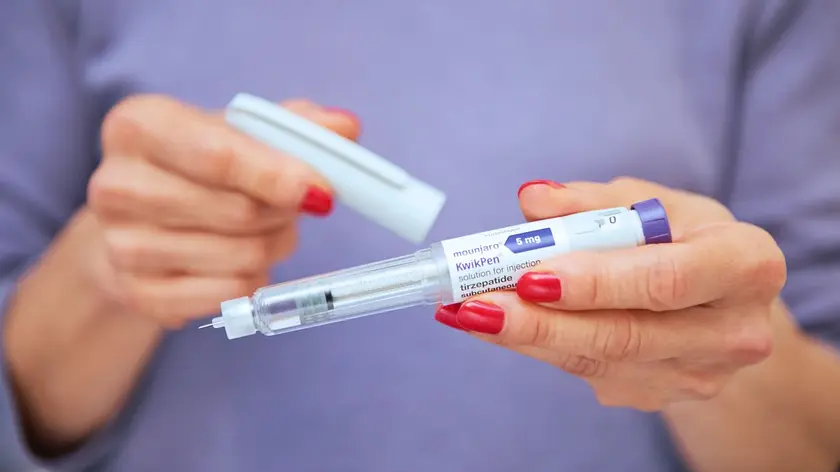T4K3.news
Airsupra Inhaler Shows Promise in Asthma Care
New trial data suggest the Airsupra inhaler reduces severe attacks and steroid exposure by pairing relief with anti-inflammatory action.

A rescue inhaler that pairs albuterol with budesonide lowers severe attacks and reduces steroid exposure, signaling a shift in how mild asthma may be treated.
Airsupra inhaler reshapes asthma care
Airsupra combines albuterol, a fast-acting bronchodilator, with budesonide, an inhaled corticosteroid, and is used as needed to relieve symptoms while also addressing underlying inflammation. In the BATURA trial, the annualized rate of severe asthma attacks was 0.15 with the combination versus 0.32 with albuterol alone, and participants reduced yearly oral steroid exposure. The study was fully virtual, enrolled participants aged 12 and older, and showed a favorable safety profile with similar adverse events across groups.
Regulatory and guideline developments have kept pace with this approach. The FDA cleared Airsupra for adults in 2023, and guideline bodies have moved toward bringing anti-inflammatory treatment into rescue therapy. Earlier trials such as MANDALA and DENALI helped establish the value of pairing a fast-acting bronchodilator with an anti-inflammatory agent. Clinicians will still tailor use to individual patients, and proper inhaler technique remains essential to translating trial results into real life.
Key Takeaways
"SABA-only treatment of asthma is not recommended"
Guideline note cited in the article
"It is the first combination of an inhaled corticosteroid and a short-acting beta-agonist to be approved in the U.S."
FDA approval in the United States
"Treat the spasm and the inflammation together, and people have fewer bad days."
Summary of BATURA findings
"Asthma care is personal."
Comment on personalized care approach
If this device proves durable in real-world use, it could change daily management from rescue only to dual-action relief. It may affect costs, access, and adherence as patients and providers weigh payer coverage against upfront pricing. A potential risk is misuse or overuse if patients rely on the inhaler too aggressively for comfort rather than as a true preventive for inflammation.
The bigger question is whether this changes expectations for mild asthma. A successful push toward anti-inflammatory rescue therapy could reduce urgent visits and improve year-round control, but real-world adoption will depend on labeling, pricing, and how quickly clinicians embrace the shift. Ongoing monitoring will be needed to ensure safety and effectiveness when used outside trial conditions.
Highlights
- A rescue inhaler that tackles inflammation changes the daily risk.
- Finally a rescue tool that does more than open airways.
- If control means fewer bad days, this could shift care.
- Treatment that fits in a pocket and changes outcomes.
The next test is how everyday patients experience fewer bad days in the long run.
Enjoyed this? Let your friends know!
Related News

Patients face challenges in accessing Mounjaro and Wegovy on the NHS

Research suggests asthma drug could prevent food allergy reactions

Tragic loss highlights food allergy risks for travelers

Conch Shell Breathing Shows Promise for Sleep Apnea

Study shows weight loss drugs could aid asthma treatment

Conch Blowing Shows Potential to Help Sleep Apnea

Conch shell breathing shown to ease sleep apnea in small study

Legionnaires disease cases rise in New York
